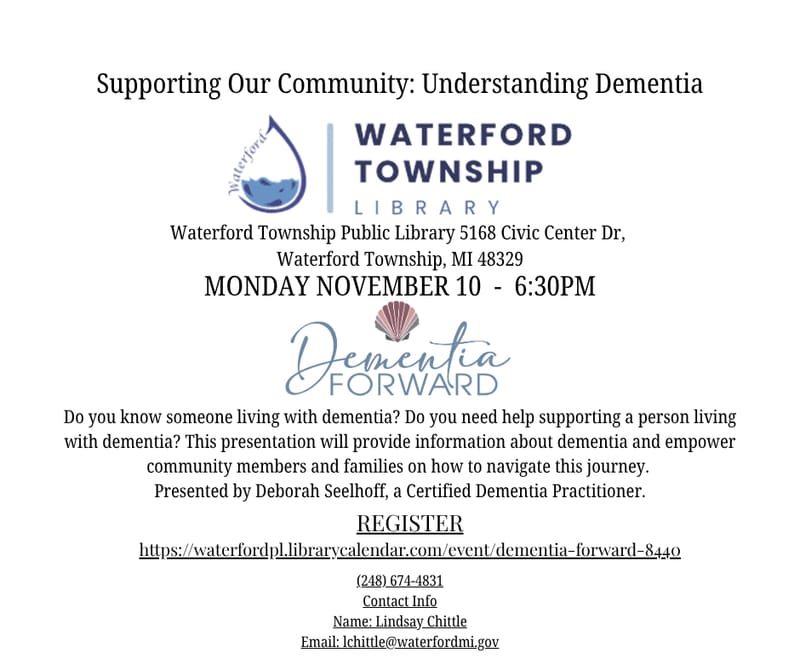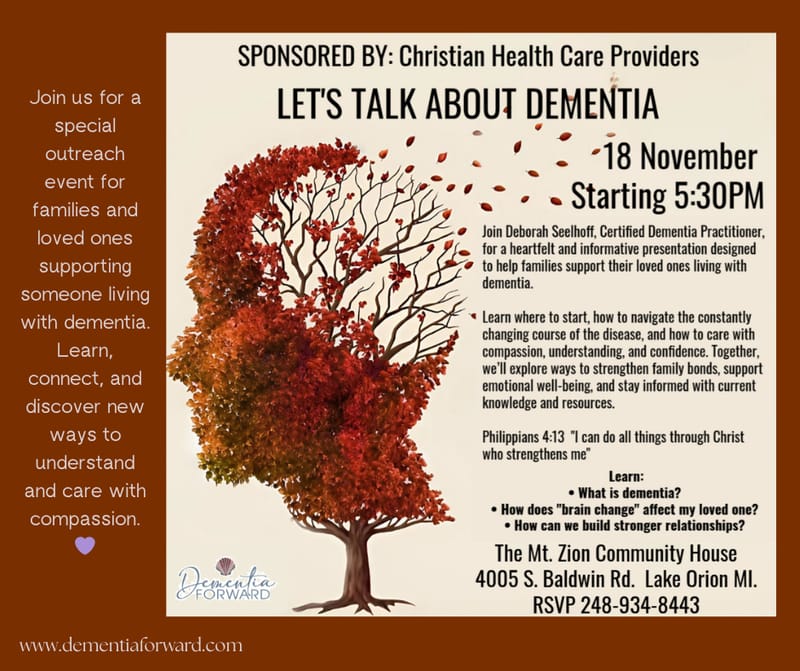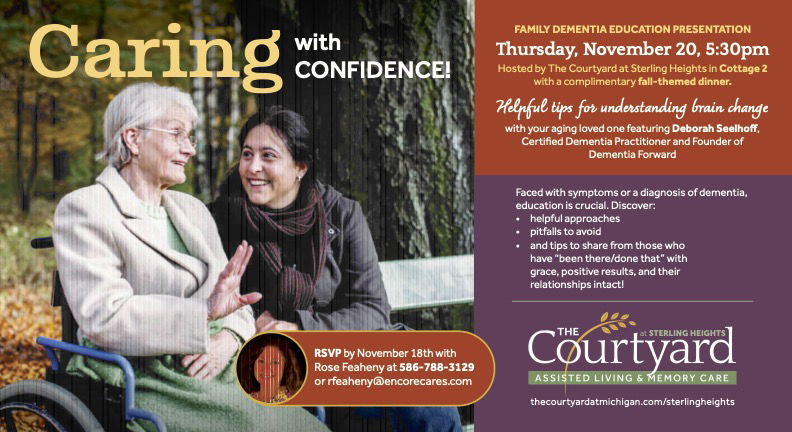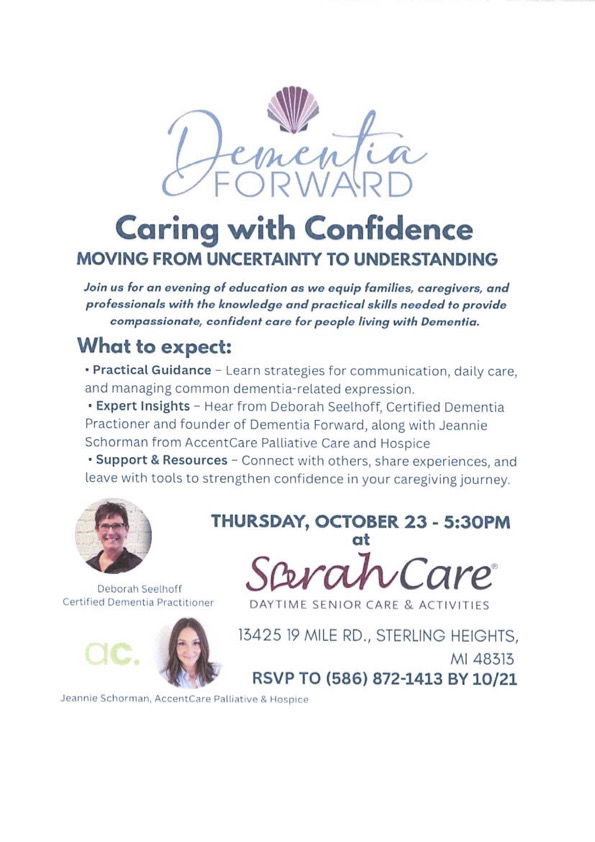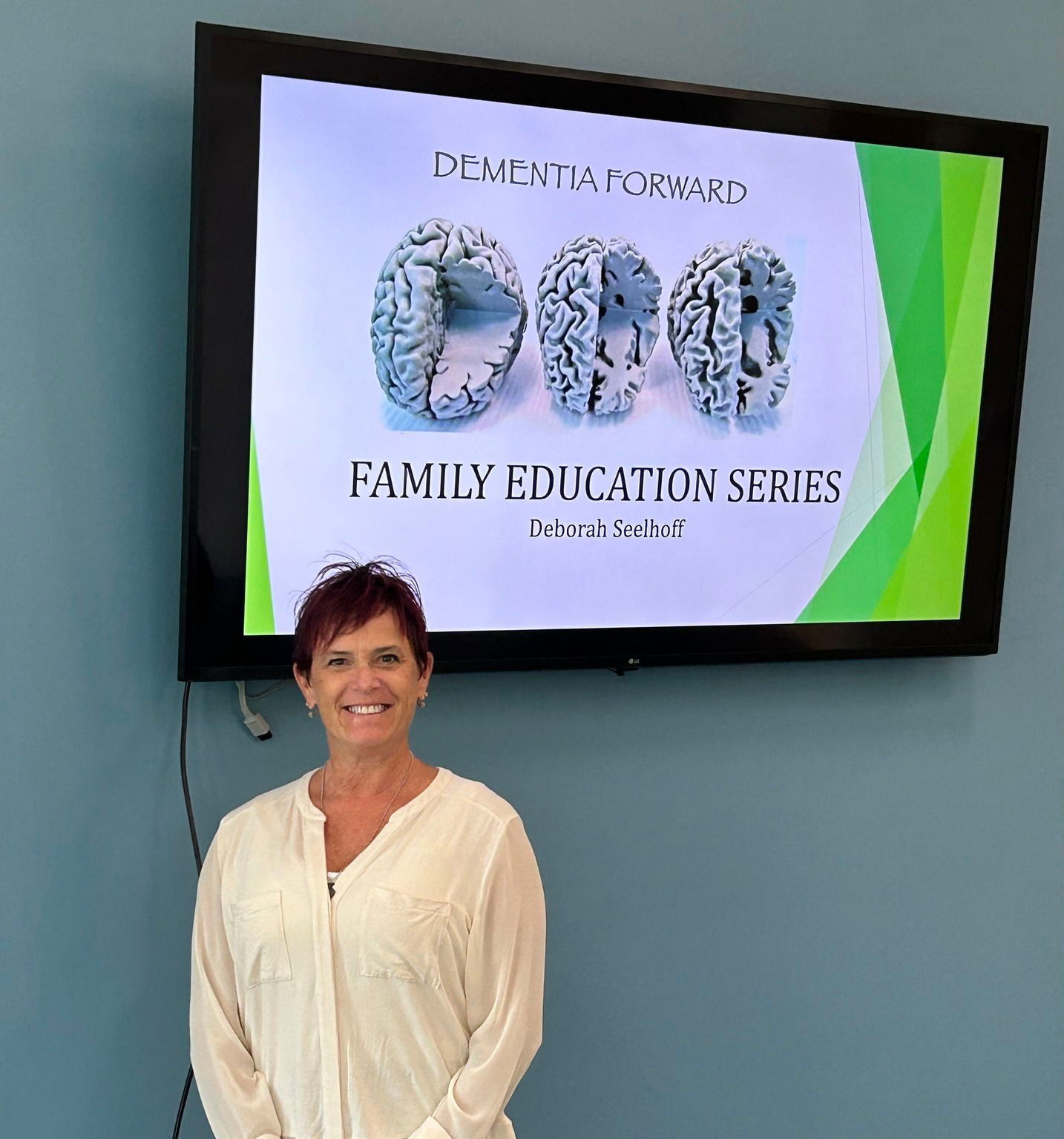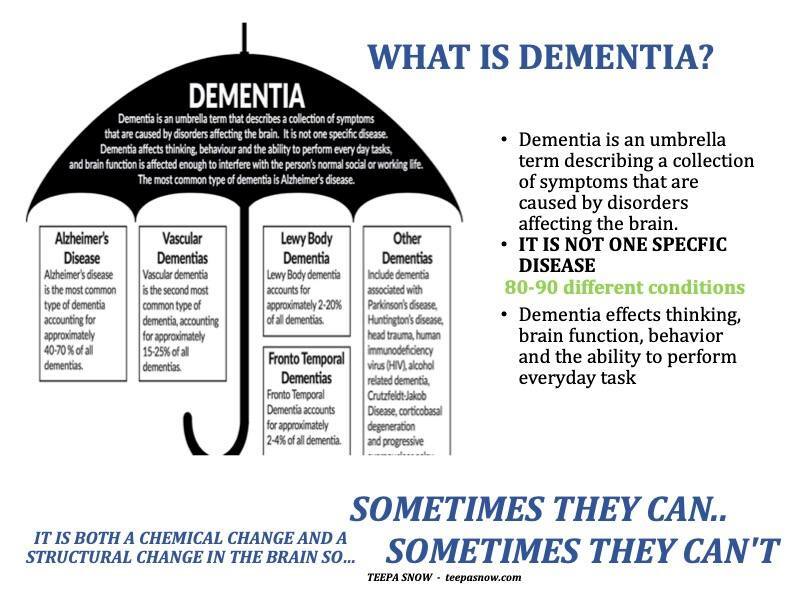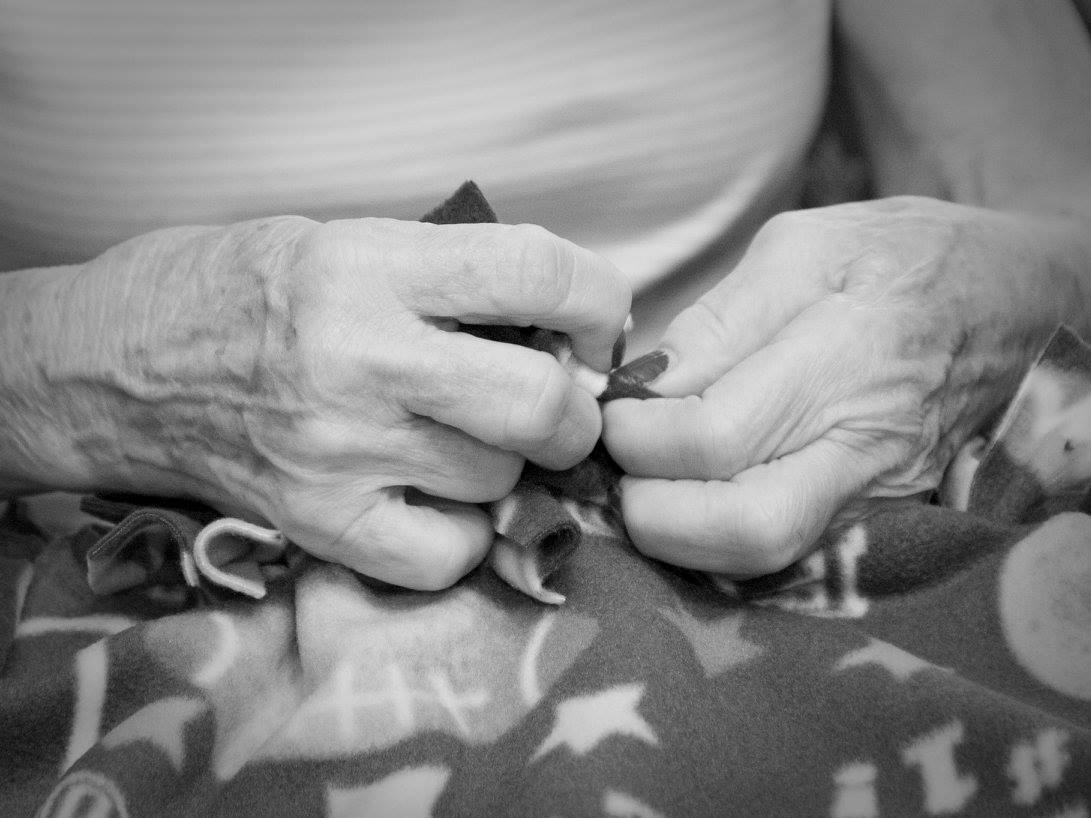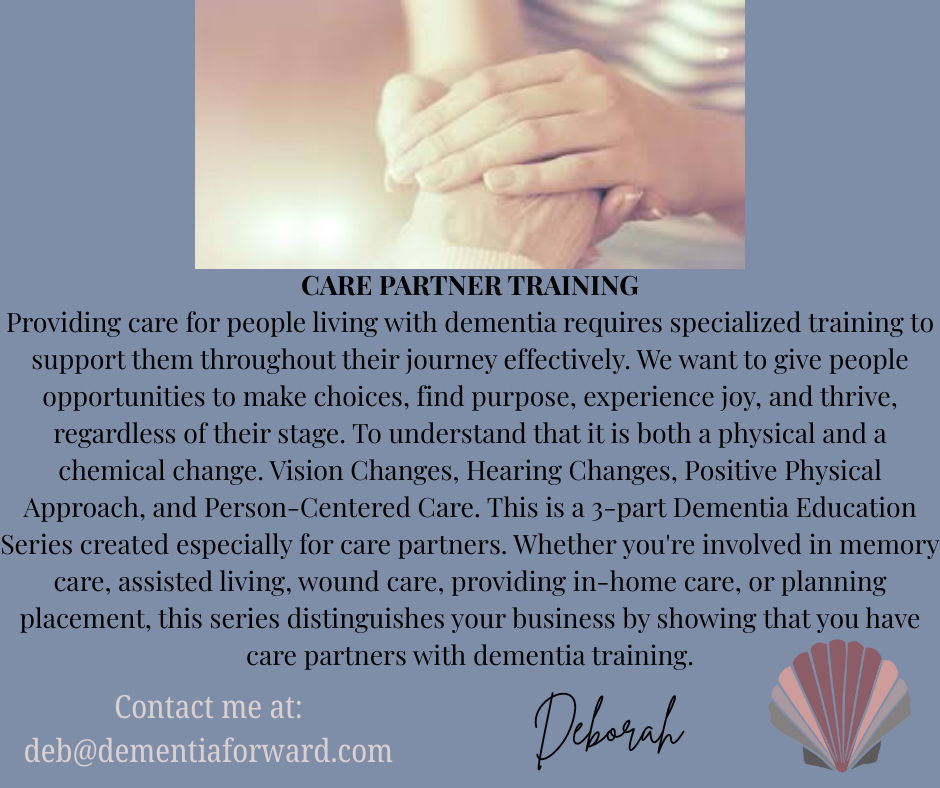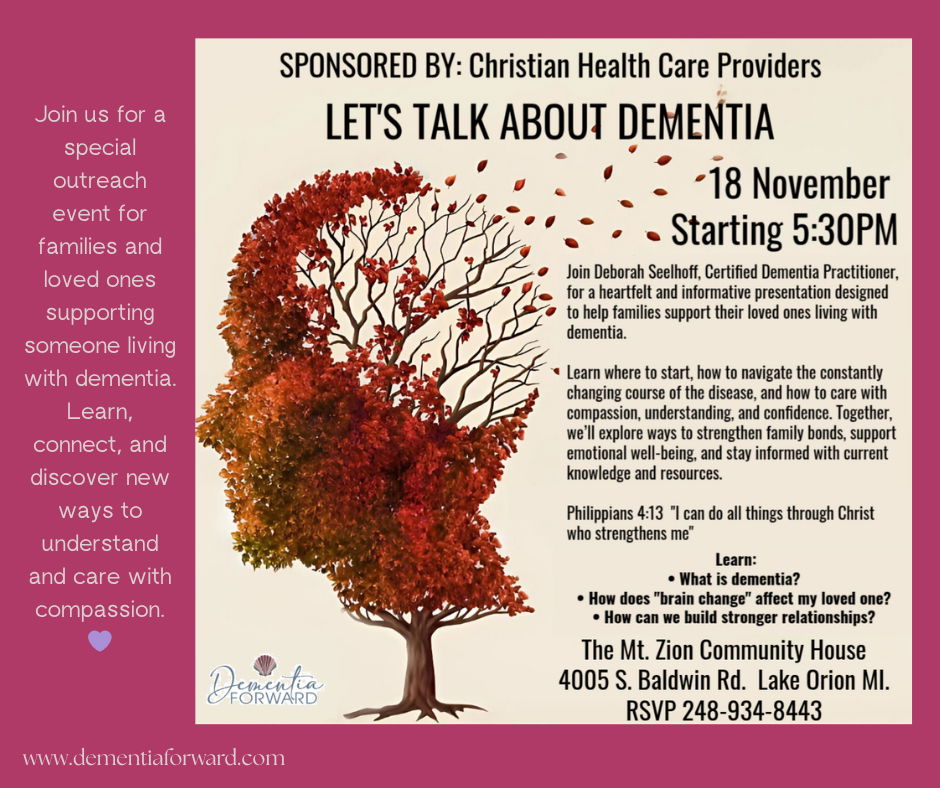You know, love isn’t always about big, dramatic gestures. Most of the time, it’s in the little things, the squeeze of a hand, a soft smile, whispering someone’s name. When you’re caring for someone with dementia, saying “I love you” can feel complicated. Sometimes they don’t respond. Sometimes it’s like the words disappear into the air. And that can hurt a lot. But here’s the thing, it doesn’t mean the love isn’t there. It doesn’t vanish. I think of a woman who visited her husband every single day. At the end of each visit, she whispered, “I love you, darling.” Most days, he didn’t say it back. She would leave feeling a little empty, wishing he could hear her. Then, one day, 10–15 minutes after she had gone, a caregiver heard him softly say, “I love you too.” It wasn’t said to her face, but it didn’t matter; the love was still there. Quiet, real, and very much alive. That’s what I want people to remember: even when dementia changes how someone responds, your love still reaches them. Every kind word, every gentle touch, every moment of presence—it stays with them. It matters. So say it. Say “I love you.” Say it often. Hold hands. Sit together. Smile. Laugh. Read a story. Sing a song. All those little moments keep your connection alive. Love doesn’t disappear. It stays. Always.
Dementia Educator
Staff Training Family Support
Education is key,
and knowledge is the power to empower.
She is dedicated to transforming the culture of dementia care by empowering families and training care partners in assisted living and memory care communities. Deborah’s work emphasizes the importance of uniting people living with dementia, their families, and care partners.
She believes that while dementia training is often not required, it is essential for providing high-quality, compassionate care and equipping care partners with the skills they need to succeed. Her passion is helping families navigate every stage of dementia with greater understanding, patience, and compassion.
Through education and support, Deborah encourages families to stay connected, create meaningful moments, and discover opportunities for joy throughout the dementia journey.
Services
COMMUNITY PRESENTATIONS
Get ready to care with confidence! At Dementia Forward, we know that education is crucial when we are faced with the diagnosis of Dementia. Our Dementia Education Presentation is a 90-minute session designed to answer the question: What is dementia? How does the brain change affect my loved one? How to build a new relationship? This is ideal for care communities, businesses, churches, and libraries, offering the community an opportunity to learn about dementia. Remember, you aren’t alone—together, we can make a difference!
CARE PARTNER TRAINING
Providing care for people living with dementia requires specialized training to support them throughout their journey effectively. We want to give people opportunities to make choices, find purpose, experience joy, and thrive regardless of their stage. To understand that it is both a physical and a chemical change. Vision Changes, Hearing Changes, Positive Physical Approach, and Person Centered Care This is a 3-part Dementia Education Series created especially for care partners. Whether you're involved in memory care, assisted living, wound care, providing in-home care, or planning placement, this series distinguishes your business by showing that you have care partners with dementia training.
STRONGER TOGETHER - WHOLE FAMILY EDUCATION
When a family member faces dementia, the relationship changes. It is important to understand exactly what dementia means for your loved one and how to support them moving forward. This process begins with a phone consultation to gain a deeper understanding of the changes and challenges affecting your family member. Afterwards, we schedule an in-home visit and education session. This provides an opportunity to meet your loved one living with dementia and other family members. It helps me understand the dynamics of the situation and the specific needs involved. This educational presentation aims to explain what dementia is, the physical and chemical changes it causes, how to build a new relationship, and how to support one another. Together, we will explore the unique challenges and develop a plan for moving forward. This resource is designed for family members and caregivers.
LEARNING TOGETHER: FAMILIES ON THE DEMENTIA JOURNEY
Education and support for families caring for loved ones with dementia. Often, visiting a loved one with dementia might not always be suitable. Family members still have the opportunity to learn about dementia through an educational presentation that includes hands-on learning and offers practical solutions for challenging situations tailored to their specific circumstances. This involves brainstorming to identify the particular needs, interests, activities, and schedule that will best support both the loved one and the entire family. This can be done in person or, if family members are far apart, a ZOOM meeting works too.
deb@dementiaforward.com
248-330-7557
*MORE: Click on New Client Questionnaire*
F.A.Q
WHAT IS DEMENTIA?
a group of symptoms affecting the ability to think, behave, complete everyday tasks, and reason.
IF I LOSE MY KEYS OR FORGET MY PASSWORD, DO I HAVE DEMENTIA?
these are not signs you have dementia.
You may not remember things as quickly as you used to!
WHAT IS THE DIFFERENCE BETWEEN DEMENTIA AND ALZHEIMER'S?
Alzheimer’s, Vascular, Frontal Temporal and Lewy Body are all types of Dementia
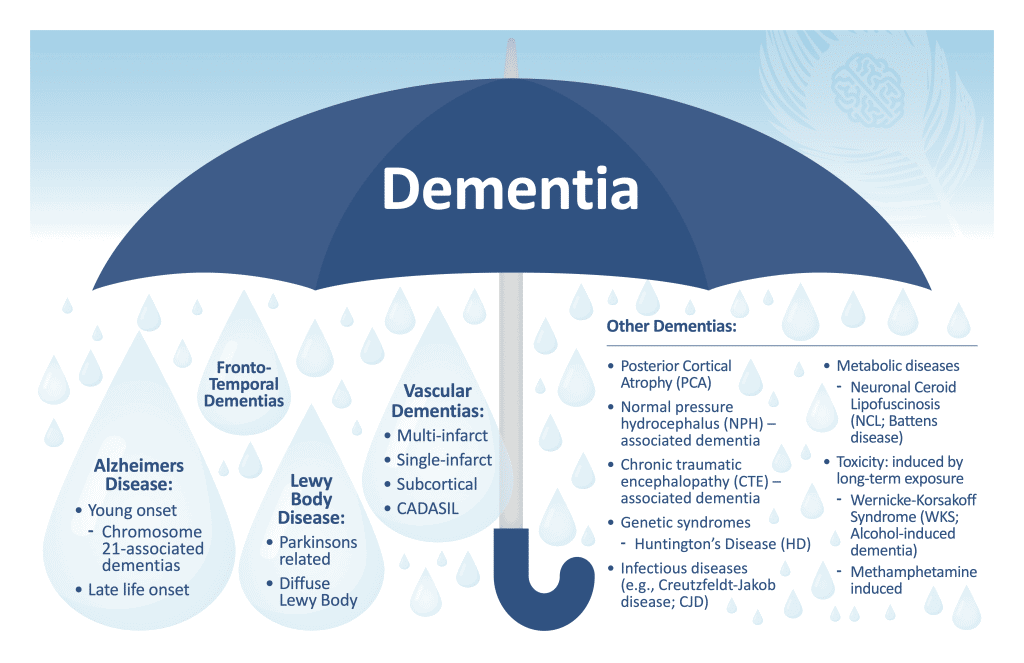
HOW DO I KNOW WHAT TYPE OF DEMENTIA MY PERSON HAS?
Most often we notice:
-characteristic changes in thinking
-behavior
-day-to-day function
It can be difficult to determine the exact type because symptoms and brain changes of different dementias can overlap.
We support our person based on their individual capabilities and needs.
WHAT DO I DO WHEN MY MOM DOESN'T KNOW MY NAME?
Testimonials
Contact
- Waterford Township, MI, USA
Click on my email to contact me directly. Feel free to contact me to schedule a Free Phone Consultation! This will best assess how to move forward.
Events
Join Deborah Seelhoff, Certified Dementia Practitioner, for a presentation designed to help families support their loved ones living with dementia. Where to start, how to navigate, care with compassion and confidence
Join Deborah Seelhoff, Certified Dementia Practitioner, for a presentation designed to help families support their loved ones living with dementia. Where to start, how to navigate, care with compassion and confidence.
Join Deborah Seelhoff, Certified Dementia Practitioner, for a presentation designed to help families support their loved ones living with dementia. Where to start, how to navigate, care with compassion and confidence
Caring with Confidence An evening of education for families, caregivers, and professionals to gain knowledge and practical skills, as we learn to provide understanding, support, and care for people living with dementia.
Articles
"Dementia Forward is a program specifically designed to educate communities, family members and care partners in order to give the best care and support to People Living with Dementia"
Read MoreCheck us out on the Good Neighbor Podcast
Blog
When you love someone living with dementia, it’s natural to notice what’s changed. The words that don’t come as easily. The stories that wander. The quiet moments that used to be full of conversation. At first, that’s all I could see — what was slipping away. I found myself grieving little losses every day. The things they couldn’t do anymore stood out like empty spaces. But over time, I realized that if I kept focusing on what wasn’t there, I was missing what still was.
I remember one afternoon sitting with someone I care deeply about. They were folding napkins — over and over again, the same one. My first instinct was to step in, to “fix it,” to remind them that the napkin was already folded. But then I stopped. I watched their hands move carefully, their face calm and focused. There was comfort in the rhythm. There was a purpose. In that moment, I saw it — what was still there. The ability to engage. The desire to help. The dignity in doing something that mattered, even in a small way. Since then, I’ve tried to look through that lens more often.
I’ve learned that communication doesn’t always need words. A smile, a soft touch, or a shared song can speak louder than any sentence. A simple “thank you” after they help with something — even if you did most of it — can light up their face with pride.
Meeting someone living with dementia where they are means letting go of our expectations and entering their world instead of asking them to live in ours. It means noticing what brings them comfort and joy — even if it’s the same story told five times, or a daily routine that feels repetitive to us.
When I focus on what remains, I see how much there still is to connect with. There’s humor, tenderness, curiosity, and sometimes even mischief. There’s history in every expression, love in every gesture, and meaning in every small success.
Yes, dementia changes things. But it doesn’t erase the person. They are still here — just living differently, in a different rhythm.And when we learn to see what’s still there instead of what’s not, we find that love and connection haven’t gone anywhere. They’ve just changed shape.
If you’re walking this journey with someone living with dementia, try to notice the small moments. See the person in front of you — not just the disease. Celebrate what they can do. Appreciate the spark that still shines through. Because when we choose to see what’s still there, we discover that there’s so much more left to hold onto than we ever imagined.
What can you learn in 500 steps?
In 2018 I spent 6 weeks walking the Camino de Santiago (500 miles) and it was a life changing experience. This journey fostered emotional connections with people from all over the world, a therapeutic journey living in the moment, and so much more.
The Camino is a network of pilgrimages leading to the shrine of the apostle Saint James in the cathedral of Santiago de Compostela in Galicia in northwestern Spain. For centuries, it has drawn millions of pilgrims, each walking for their own reasons—spiritual, physical, or emotional healing. The purpose of my journey was not just the physical challenge but an opportunity to mend my broken heart, feel emotionally free and share this experience with my love. To be out of my comfort zone, feel free in nature, and be open to whatever gifts the day would present.
The gentle crunch of gravel underfoot seemed louder than usual in the peaceful silence of the early morning. Each morning as I began my walk on a segment of the Camino it was as if seeing the world with new eyes. The natural beauty of the route, with its rolling hills and the endless sky. Passing other pilgrims saying "Buen Camino", a Spanish phrase that means "good path" or "good road". Seeing friends that became my Camino Family, finding the perfect cup of espresso in a small café in the woods, stopping to admire the beauty of a 12th Century bridge or a 13th Century Church, someone selling fresh fruit alongside the road, stopping to pet a wild horse in the mist of the Pyrenees, and sitting quietly beneath sprawling trees on a sunny Sunday hearing church bells from the next city. It wasn't just the physical act of walking every day, but that I was weaving my steps along the paths trodden by so many others before me.
But the Camino presented unique challenges. There were moments of frustration, confusion, and fatigue—sore blistered feet, aches and pain, exhaustion, or finding yourself at the end of the day with nowhere to stay. There were steep climbs and dangerous ascents, gravel, mud, and rain. But it somehow worked itself out either by sheer courage or the help of a fellow pilgrim. However solved, it felt like a great accomplishment and I was proud to of had that opportunity. It empowered me.
Along the path, I marveled at the architectural splendors of ancient churches and the serene beauty of the Spanish countryside. Appreciating little things that I otherwise may over look: a beautiful large tree in the morning mist, a field of yellow canna shining in the Rioja afternoon sun, or a smooth running river under the bridge in Puente la Renia.
Reaching the cathedral of Santiago de Compostela was an emotional climax. Standing before the imposing façade, amongst a crowd of other pilgrims, you feel a profound connection not only to your Camino-self but to the thousands of souls who had traversed the same path, each carrying their own burdens and hopes. In this sacred space, it wasn’t about ending a journey but celebrating the experience and always moving forward.
The lessons learned on the Camino went beyond what I had hoped. It reinforced the power of love and patience, the ability to face situations that took me out of my comfort zone and the importance of making every moment count.
This transfers into my passion for People Living with Dementia. Understanding that every situation creates a different challenge and opportunity. It us up to us how we take on that challenge and use that opportunity going forward.
So let’s embrace our connections, live in the moment, be open and face those situations that take us out of our comfort zone. Putting a priority to be open, educate ourselves and continue to share experiences with our loved ones. No matter where our person is in their journey we can walk WITH them, LOVE each moment with them, and keep moving FORWARD.
